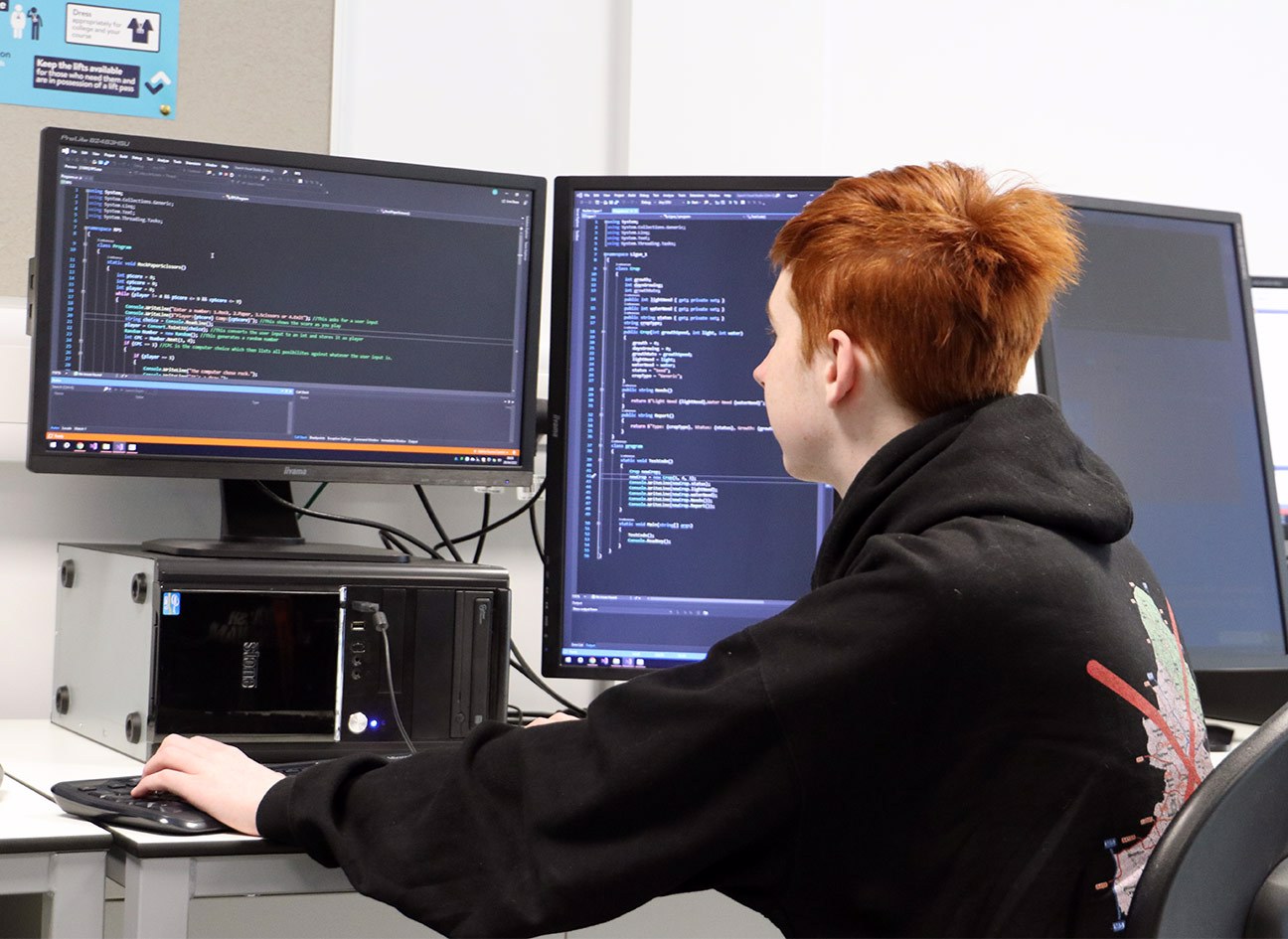
On Monday 9th February, Bury College’s Hairdressing Apprentices came together for a charity Blowdryathon, raising almost £500 for Little Lady Locks during National Apprenticeship Week!
T Levels are two-year technical qualifications which have been developed in collaboration with employers and businesses to meet the needs of different industries


The 45-day work experience placement will give you the opportunity to gain the technical training needed to progress directly into industry.
T Levels are available in the following areas:
You will sit an externally set exam at the end of each academic year to test your understanding of the subject. You will also undertake a skill-assessment to demonstrate your competency skills. Whilst on work placement, you will be set a project by your employer that you must successfully complete to demonstrate your overall breadth of learning.


On Monday 9th February, Bury College’s Hairdressing Apprentices came together for a charity Blowdryathon, raising almost £500 for Little Lady Locks during National Apprenticeship Week!
_470x310.png)
On Wednesday 11th February, as part of National Apprenticeship Week celebrations, Bury College proudly hosted an Apprenticeship Star Awards Ceremony.
_470x310.png)
Employers - did you know that now is the perfect time to start thinking about your school leaver Apprenticeship vacancies?
_470x310.png)
Shape the future of education and find out about opportunities to work at Bury College at our Work for Us Event 2026. Find out about a wide range of career opportunities including teaching, business, and governance roles.
_470x310.png)
Find out how our Performing Arts students are developing their skills in this year's Christmas Panto.
_470x310.png)
Find out how our Health and Social Care students have been spreading Christmas joy by supporting the Early Help Present Appeal.